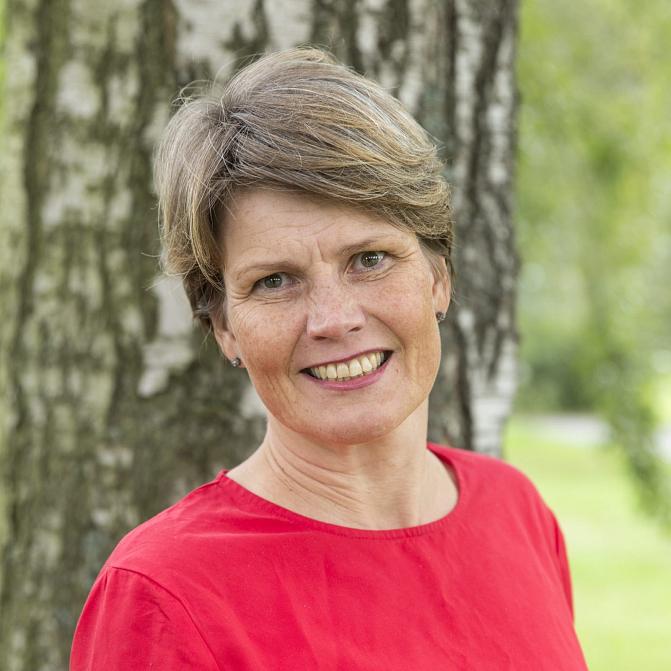Research Professor Katriina Soini: "A fair transition to sustainable natural resources requires a cultural change"
Dr Katriina Soini started as a Research Professor at the Natural Resources Institute of Finland (Luke) on 1 November 2024. Soini has previously worked as a Senior Researcher and Research Manager at Luke.

Congratulations Katriina! How do you feel about your new role?
Natural resources are part of everyone's daily life and well-being, as well as of society's livelihoods, economy and culture. They play an increasingly important role in international politics. I am excited to contribute to research in such a socially important area and to the transition to sustainability, which is fundamentally linked to the use of natural resources.
Your professorship will focus on the sustainable governance of natural resources. What does that mean?
Natural resource governance refers to all the structures, such as organisations, institutions, laws and processes, through which decisions about the use of natural resources are made at different levels, from the local to the international. It is a very broad area of research.
In particular, I focus on the processes of governance, such as the perceptions and practices of different actors, landowners, decision-makers and citizens, in order to make wise and equitable decisions about the use of natural resources. It can be said that my research focuses especially on social and cultural issues, i.e. people, communities and institutions, and the meaning of natural resources in society. I specialise in qualitative, interdisciplinary and participatory approaches.
What are the most important or interesting research questions in the sustainable governance of natural resources?
Natural resources are increasingly subject to different and competing pressures and views on their use as a result of the green transition. Climate change and international crises increase uncertainty and conflict. Confrontations between different uses, people and regions are intensifying. New technological solutions or policies alone will not help. We now also need to address the question of how to promote behavioural and cultural changes that maintain and improve the carrying capacity of nature s and are as equitable as possible for different groups of people and regions. It is important to find governance models that create the conditions for a new kind of collaboration and a true partnership between people and nature. While there is an urgent need to move away from unsustainable practices, there should also be the patience to learn from the past, to synthesise existing knowledge and to launch experiments involving different actors.
What kind of public discussion on the use and governance of natural resources would you like to see?
In recent times, natural resources have tended to be discussed from a single perspective, such as habitat type, forest management practice or sector. I would like to see a broader debate that brings together different viewpoints and constructively weighs up different options. A more diverse debate that recognises different perspectives would help to build a shared vision of where we should go in terms of resource use and by what means.
Research Professors are in key positions for the scientific expertise and international visibility and effectiveness of Luke. The aim is to ensure top-level research in Luke’s strategic fields, as well as applicability of research in business.


